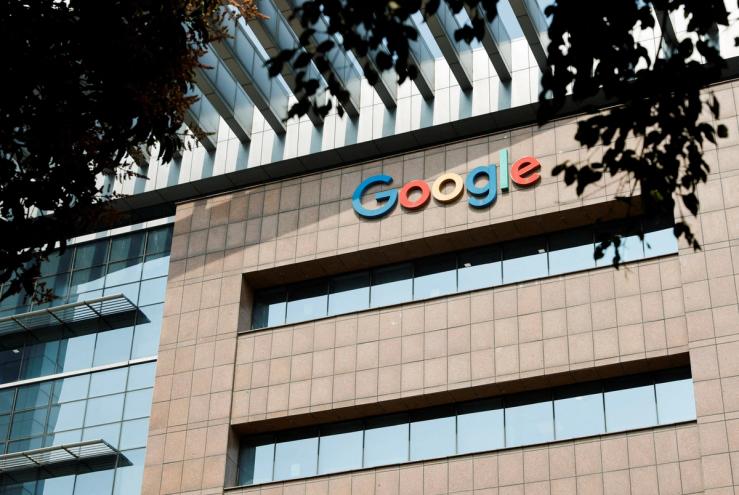Reed’s view
There’s been a lot of discussion lately about how to look at OpenAI, whose outsized ambitions have been on display, from its blockbuster deals with chipmakers to its AI-powered social networking app to its new products announced this week.
Here’s what this tells me: It’s a juggernaut on a collision course with its nemesis, Google. This may not be today’s headline, but Google is OpenAI’s biggest potential long-term threat, and some of OpenAI’s strategic moves seem to address that reality.
It can’t be understated how much of a head start Google has in AI. It was thinking about custom AI chips in 2006. It was buying tens of thousands of Nvidia GPUs in 2014, deployed its own “Tensor Processing Units” by 2015 and invented the architecture that powers ChatGPT in 2017. That’s a big reason Google is able to run its AI models so efficiently, rolling out AI-powered products to billions of users when there’s a huge shortage of available compute.
In the AI era, advertising won’t be the only consumer business model on the internet. If subscriptions and fees become the norm, companies will be able to use pricing power as a competitive advantage. OpenAI can burn billions of dollars per year today. Eventually, it needs to make more money per user than it spends.
Google and OpenAI are alone in the fact that they have both industry-leading AI capabilities and mass consumer distribution. But OpenAI is missing its own customized compute infrastructure.
So I’m spending less time thinking about whether OpenAI wants to be Windows, or Facebook. The next era of tech will be about who makes general-purpose AI software that consumers want, and who is able to do it profitably.
In this article:
Room for Disagreement
A leaked OpenAI document from late last year indicates the company didn’t see Google as its biggest threat, at least at that time. The report, which discusses company strategy for the first half of 2025, reads: “Looking ahead to 2025, [REDACTED] poses the biggest threat due to their ability to embed equivalent functionality across their products (e.g. [REDACTED]) without facing the business model cannibalization risks that Google does.” Some have speculated OpenAI mentioned Meta as its biggest competitor due to the short size of the redaction. Nonetheless, the statement suggests OpenAI recognizes that Google’s advertising business poses a vulnerability to how far it can push its AI features.
Notable
- Google and OpenAI appear to be leading the race to craft the best-performing chatbot on the market so far — in a recent university competition, both ChatGPT 5 and Gemini 2.5 outperformed human coders.


